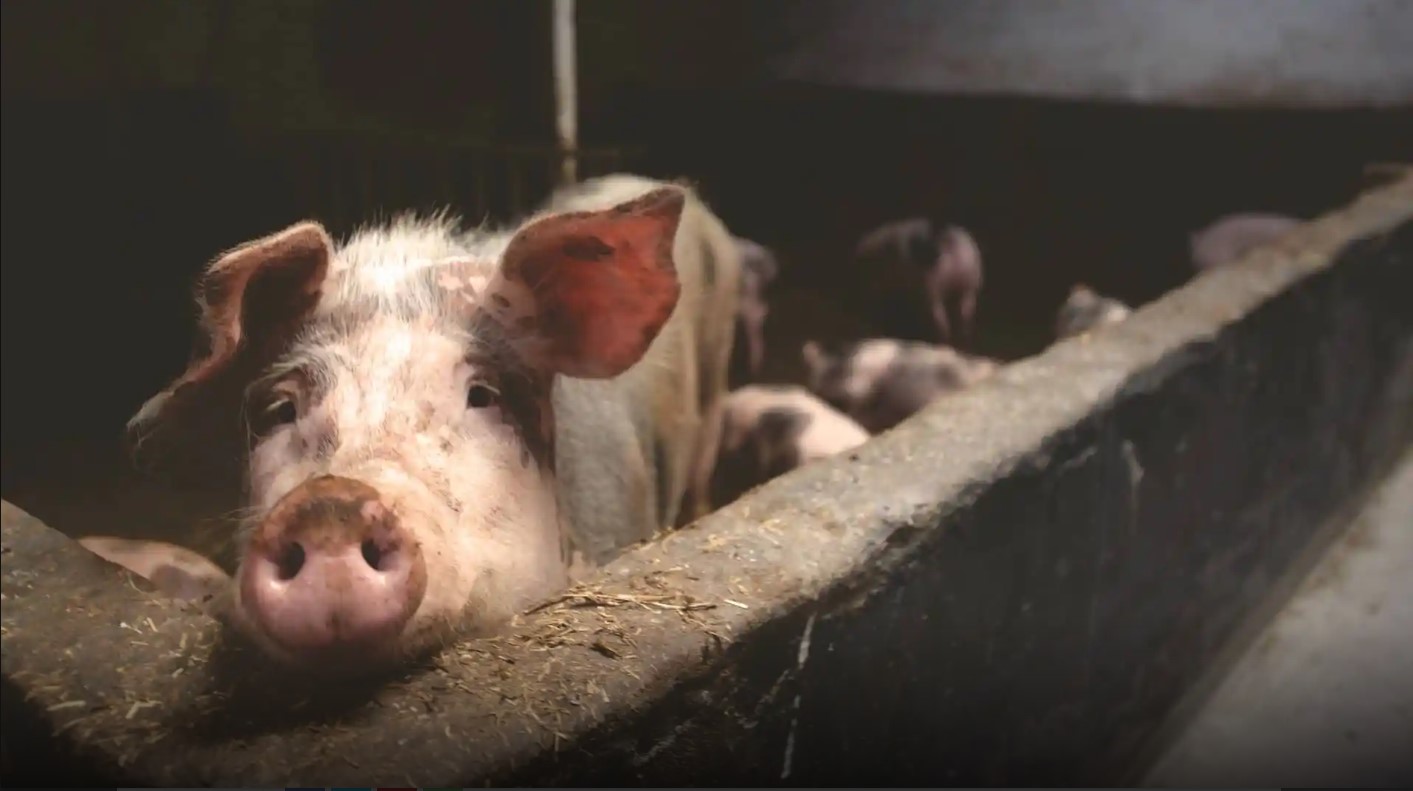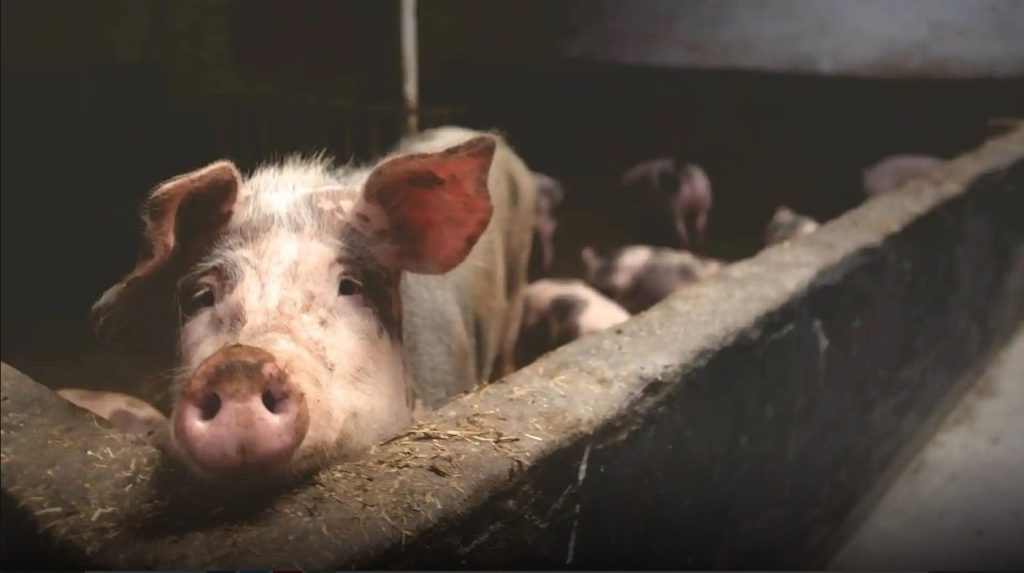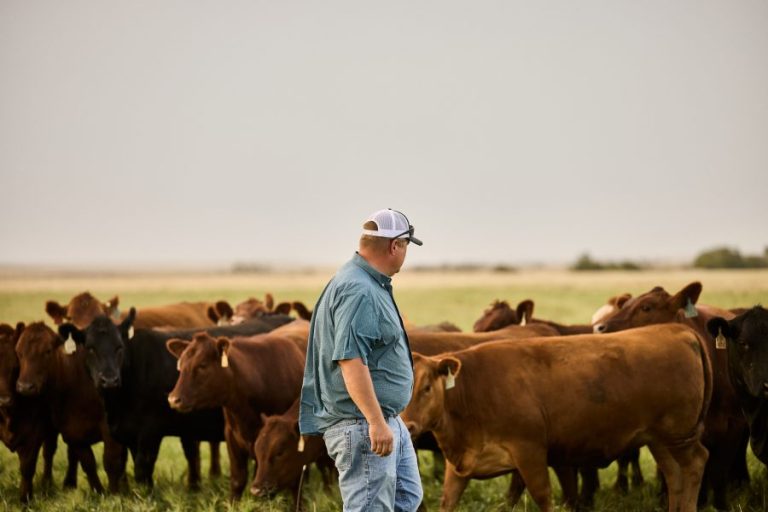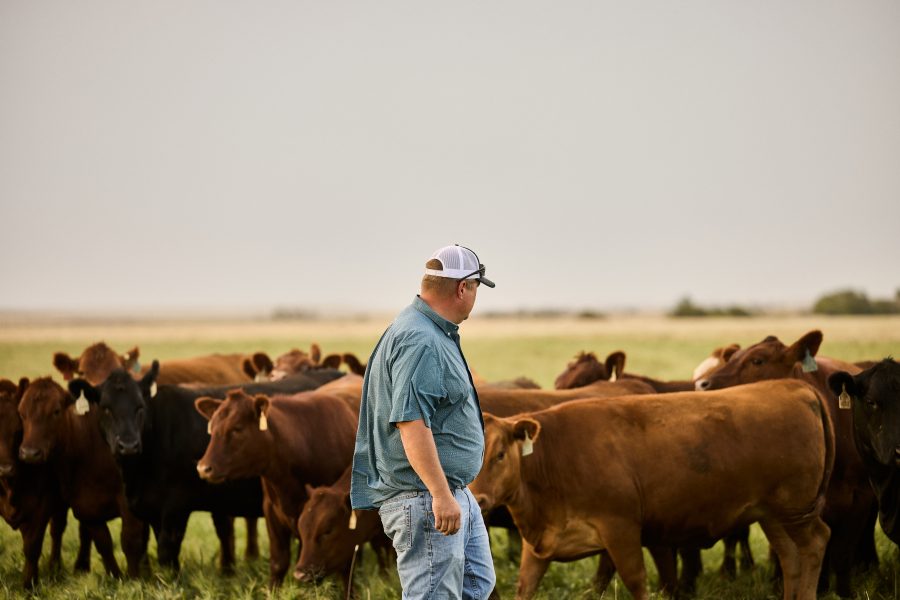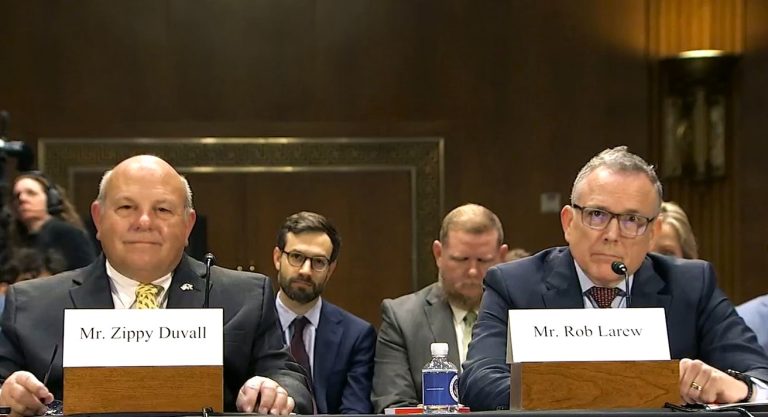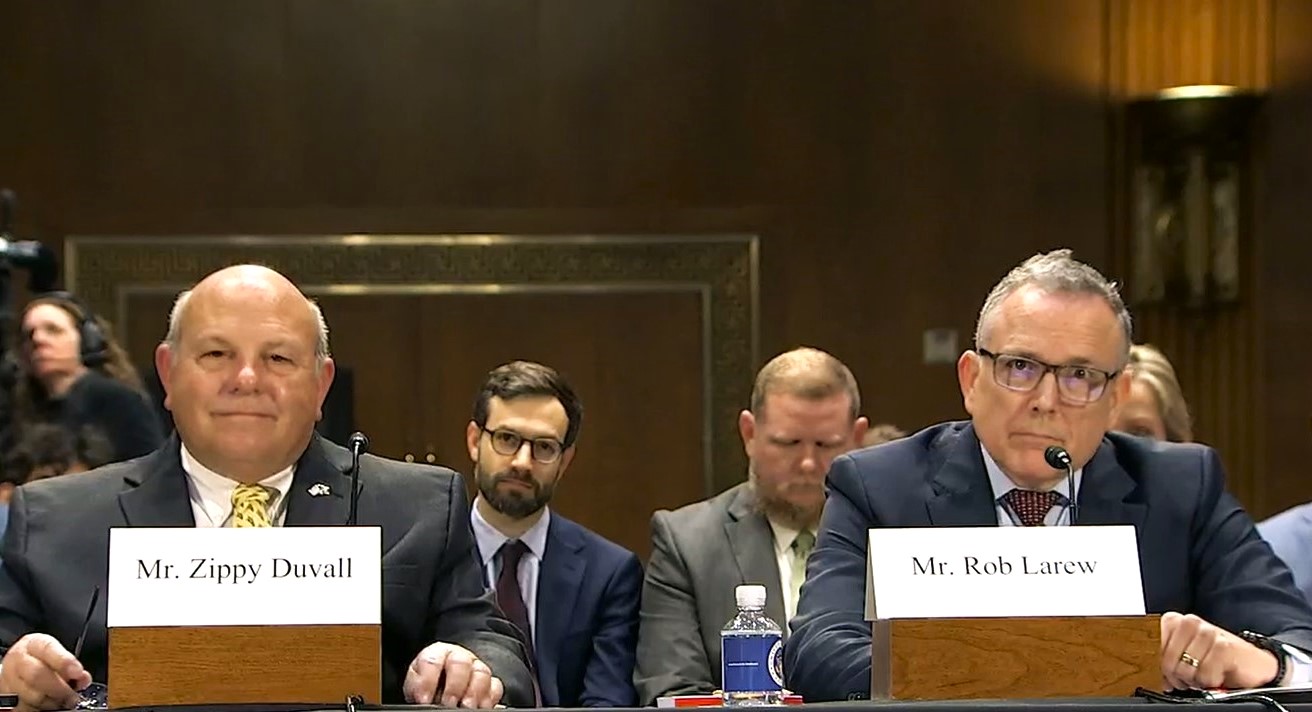WASHINGTON, D.C. – U.S. pork producers continue to lobby Congress to find a legislative fix for California’s Proposition 12, the law requiring pork sold in California (regardless of the originating state) to be raised by producers who give sows, or mother pigs, at least 24 square feet of space per animal.
Proposition 12 was approved by California voters in 2018, but challenged in court. The Supreme Court rejected the challenge to the law in 2023.
How the law is affecting South Dakota producers isn’t clear but the industry is significant in the state.
Sales generated from hog marketing’s and pork processing in South Dakota in 2021 (the latest numbers that are available) supported a total economic contribution of over $645.684 million in personal income, over $1.042 billion in value added, and more than 11,926 jobs in the South Dakota economy.
Investigate Midwest reviewed financial statements from more than a dozen of the largest pork-producing corporations and California’s new Prop 12 pork distribution lists, along with speaking to several hog farmers to better understand the impact Proposition 12 is having on their industry.
Several months into the new Prop 12 standards, the picture that emerged is one where the nation’s largest pork producers are largely adapting to the new rules. And some local hog farmers with compliant pens have found an opportunity to sell into a new competitive market.
What market premiums – if any – being paid to producers is not readily available.
Meanwhile, consumers are paying more for product including loins, ribs and bellies. Average retail prices have increased 20% with loin prices averaging 41% higher.
Premade pork products are exempt from Prop 12 standard. Exemptions are any fully cooked (including pre-cooked bacon, fully cooked hams, chops, ribs, etc.) or further processed pork products (ground pork, sausage, bratwurst, etc.) No retail price increases are being reported in those products.
While speaking with Brownfield Ag News, Lori Stevermer, a Minnesota pork producer and president of the National Pork Producers Council (NPPC) says producers don’t want a patchwork of regulations across the country.
The Biden administration is also concerned that Prop 12 could create a 50-state patchwork of legislation for hog producers.
Bryan Humphreys, Chief Executive Officer for NPPC says the solution has to be bipartisan. “To ensure that we can provide stability to our producers to do what’s right for their farms and for their animals,” he says. “And make sure that they can raise those animals in the best way that they know how on their farm.”
Humphreys says the organization is open to a stand-alone bill to address Prop 12, but the goal is to have a fix included in the next farm bill.
California is the nation’s largest consumer of pork products but pinpointing exactly where the state’s pork supply comes from is not clear.
And while California is the largest pork-consuming state in the U.S., a growing amount of the nation’s pork is being sent overseas, lessening the impact of Prop 12 on many large producers.
There were some concerns that Prop 12 could have an impact on exports because much of America’s pork destined for Asia passes through California ports. But several months into Prop 12, export officials said they haven’t seen any problems.
Until 1995, less than 5% of American pork production was exported. Today, 27% of U.S. pork is exported, a higher rate than beef or poultry.
